

Today we’d like to introduce you to Margaret Beaver.
Margaret, we appreciate you taking the time to share your story with us today. Where does your story begin?
People seem most infatuated with the mundane details, so I’ll start there: My name is Margaret Beaver; I’m seventeen years old; and, occupation-wise, I am an author, poet, novelist, memoirist, educator, photographer, artist, and self-proclaimed philosopher; at home, I’m the annoying little sister, frantic cat mama, and an average disaster with more books than wall space. I’ve lived in my hometown of Plano, Texas my entire life, and it was here I first hatched my creativity at the age of five, at which time I developed the fanatical habit of drawing with colored pencils on the walls, marking on furniture with Sharpie markers, and sketching the occasional illustration to accompany a fictional story I would swear to be true. At eight years old, I wrote my first semi-formatted novel, a forty-seven-page abomination about spontaneously dying butterflies, and I still keep the original manuscript shamefully tucked away in a drawer in my bedroom.
In February of 2020, just a month before I started seriously pursuing poetry, I exercised my impulsivity and submitted two of my very first poems ever written, which strangely enough elected me Topical Winner two consecutive times for the Live Poet Society of New Jersey’s “Of Love and Dedication” and “Inside of Me” publications (beginner’s luck). Featured in one publication would soon become the first poem of my collection and a fan favorite, “Sad boy.” After that, I submitted more poems for consideration and came up empty every time. The next month, I began the initial stages of composing inkwells., my debut poetry collection, out of sheer boredom (and spite). I was fifteen years old when I received my first publishing contract with Pegasus Elliot MacKenzie Publishers, and inkwells., which chronicles my struggles with mental health, was published thereafter in June of 2022.
In terms of recency, my debut novel (excluding the dying butterfly incident), Flowers for Papa, is finally coming to a press near you in late 2023 or early 2024. Accompanying it is also my second poetry collection, Seasons: August’s Collection. While my editors are tackling those catastrophes, I’ve been occupied with graduating high school and securing my position in the business side of the literary industry.
I’m sure it wasn’t obstacle-free, but would you say the journey has been fairly smooth so far?
Considering the central focus of my work is emphasizing and representing the realities of mental disorders, I cannot say it has been entirely smooth sailing. The treachery of my symptoms was so great I simply could not contain them all inside myself, and in an act of release, that is when I wrote.
For how sensitive the content is, writing inkwells. was easy. It was a very easy, smooth, deliberate process. I came up with a poem very few days—sometimes I wrote multiple poems in one day—and then once I began feeling better and my symptoms were more manageable, I collected all those pages and all those files on my computer and compacted them into one document. It was never my intention to actually do anything with the poems—I hadn’t meant to write as many as I did—but after I realized I had scrawled almost twenty thousand words of pure illness, I had to comprehend the fact that I had accidentally created something that was such a genuine, unaltered, and unrestrained demonstration of the realities of mental illness. I knew I had always wanted to be a writer, but I had wholly expected to enter the literary industry by way of some fiction novel I had completely made up; I never meant for any of this.
I’ve been asked so many times—by strangers, by friends, by publishing houses— “What is your reasoning for writing this?” “What are you trying to achieve?” And the answer is very simple. For people not dealing with mental health problems, particularly anxiety, depression, or PTSD, many of the poems in this collection can feel very dark and unsettling. But this is not a work restricted to one group of people; this is not a one-sided argument. For people who aren’t struggling, this collection is knowledge; for people who are struggling, this collection is validation. These poems can be very redeeming and comforting in that they support the notion that that no one is ever alone in their condition, and there are many others who are trying to cope as best they can. Of course, I can’t speak on behalf of the entirety of the mentally ill population, but I can provide you with the knowledge that this is what someone could be feeling.
The only real challenge of the work, outside of surviving myself, was the ordering of the poems. I couldn’t decide if I wanted to group them together based on their degree of darkness or if I wanted to leave them miscellaneous. All in all, I ended up leaving the order miscellaneous because this order reflects the fluctuations of mental stability—one day, you’re fine, and then you’re not. So don’t be surprised if you read this wonderfully optimistic poem and then you turn the page, and suddenly, you’re subjected to something comparable to hellfire. That is life with mental illness.
Thanks for sharing that. So, maybe next you can tell us a bit more about your work?
I can very sufficiently represent myself through my key interests: mental health awareness, advocacy, and solutions, and also accentuating any minority or oppressed communities across my nation, such as the LGBTQIA+ community, which I am a part of. I very much like to comment on the intersection between having a non-normalized identity and its potential impact on one’s mental health: existing within an oppressed, misunderstood, and underrepresented community very much induces emotional and psychological pressures, and the process of self-actualization, while it should be a wonderful growth, can actually be very disintegrating when you realize the scale of bigotry your newly-acquired community may face.
When it comes to what I do to serve my communities and myself, I find it very ironic that my first publication was, essentially, a nonfiction. I always identified myself as a fictional writer; I only wrote fiction as a child. Anybody could ask me, and I’d immediately say, “I deal in fiction.” I almost don’t recognize my poetry as much as I love it. It’s nearly a side thing for me, with novels being my main specialty. But one thing remains, regardless of the nonfiction or fiction categories: I am always perpetuating a meaningful commentary beneath what can be noticed on the surface. There is always an angle I seek to reach. I’m not simply interested in writing narratives; there has to be a greater, more universal prospect underlying or there’s no appeal to me. So, when it comes to what I do and what I can be known for: I am what I like to call a “literary advocate,” or someone who channels their social advocacy into their fascination for storytelling and influencing, and someone who, ultimately, hopes the world will understand what they’re trying to say.
Concerning my current work, inkwells., I’m essentially aspiring to settle the stigmas surrounding mental illness and encouraging populations to reclaim their neurodivergencies into something they can embrace. You will notice in forthcoming works, I also enjoy writing extensive commentaries surrounding humanity, and how humanity simply cannot exist when bigotry does as well.
Lastly, when it comes to what I am most proud of, I would have to say myself—for surviving, for overcoming, for wanting to be the last one with a story like mine.
Before we let you go, we’ve got to ask if you have any advice for those who are just starting out.
The greatest advice I ever received was when I was reading On Writing Well: The Classic Guide to Writing Nonfiction by William Zinsser, so I will pass that along.
I received this novel as required reading during my time in AP Language & Composition in the eleventh grade, and I would refer to it as singularly the most fruitful nonfiction I’ve ever experienced. I read it all through the winter months, and upon January second, my class was tasked with the assignment of dissecting out three primal quotes which we connected with in the text and to analyze and expand upon them in our own writings. As a writer who specializes primarily in their area of optimal entertainment—romantic fiction, historical fiction, science fiction, just any fiction at all—I found myself at utter despair with having to read the devil of all book genres: the memoir (which is highly coincidental considering my first publication was nonfiction). Some of the most intimate sentiments have come from pure logic, and that pure logic has come from Zinsser: “I don’t like to write; I like having written”; “I think they get that permission by being born”; “Writers who write interestingly tend to be men and women who keep themselves interested. That’s almost the whole point of becoming a writer. I’ve used writing to give myself an interesting life and a continuing education.” The narrative is composed on the entirety of making one feel less otherworldly, admitting the truths and realities of the completely condescending and mentally exhausting processes that is writing, and providing what could be largely considered as the Holy Bible of nonfiction writing: beneficial and substantial for any writer or reader across any genre. Even above that, Zinsser instates and emphasizes the comprehensive lessons of a student bent to the mold of traditional educational algorithms: everybody loves to learn and create—but not for a grade or under a time limit or having to turn around and prove themselves to superiors. To students and anybody at all: You mustn’t be reduced, and you don’t have to prove yourself to anybody. And even more: just because you love your occupation or profession does not mean you are immune to the stress or the treachery of it.
Also, I must comment on the importance of taking breaks—often. In all aspects of my being, I am a very obsessive worker; I’ve had teachers and counselors at my school tell me to calm down and work slower at my own pace or else I’m going to give myself an ulcer. I can’t handle having things to do and knowing they’re sitting there, waiting for me to do them, and very often I go into panic attacks if I’m overwhelmed with tasks and don’t know where to begin. Needless to say, taking breaks is very difficult for me; I want to keep working until it is all finished, completely neglecting any of my own needs or my potential exhaustion, and then I will rest, and then I will take care of myself only when the deed is done. There’s a very debilitating perfection that surrounds me as well: I don’t only want to get everything done, but I want to get it all done to the highest extent possible or else I’m remarkably disappointed and unfulfilled—for a long time, until I do well again. It’s been a significantly lengthy process for me to realize I can give myself permission to rest when I need it; grind culture can be very helpful in terms of motivation but also very injurious, too, and I urge everyone to listen to their bodies and, frankly, disobey the demands of others—including yourself. Exhaustion and burnout are genuine health issues, and you could be left recovering for the rest of your life.
The same goes for readers regularly consuming sensitive media. I’ve read very graphic and emotionally discomforting books over strenuous world issues or the horrific memoirs of amazing people I’m still attempting to fathom, and what you dump into your brain is also what you dump into your stomach, and it can make you very sick. inkwells., in particular, is very impressionable and perceptive and can incite distress at certain intervals. This is why I strive to always be aware of the wellness of my readers and put trigger warnings on all my books. As written, “Under no circumstances should any reader compromise their mental health to analyze or endure mine.”
Contact Info:
- Website: www.MargaretBeaverBooks.com
- Instagram: https://www.instagram.com/_margaretbeaver_/
- Facebook: https://www.facebook.com/profile.php?id=100093717903142
- Linkedin: https://www.linkedin.com/in/margaret-beaver-a8688624a/
- Twitter: https://twitter.com/margaretbeaver_
- Other: https://www.pinterest.com/margaretbeaver_/
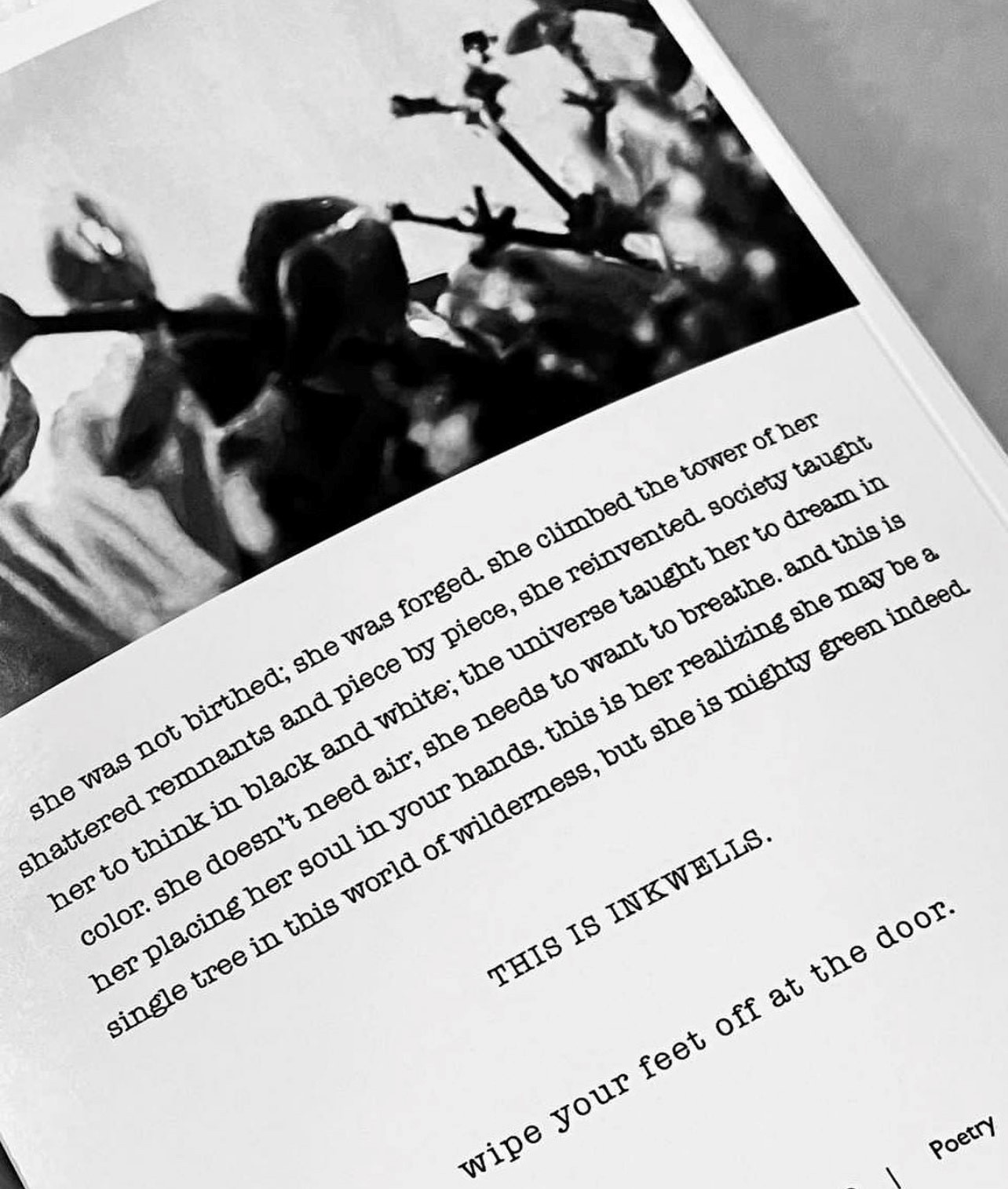
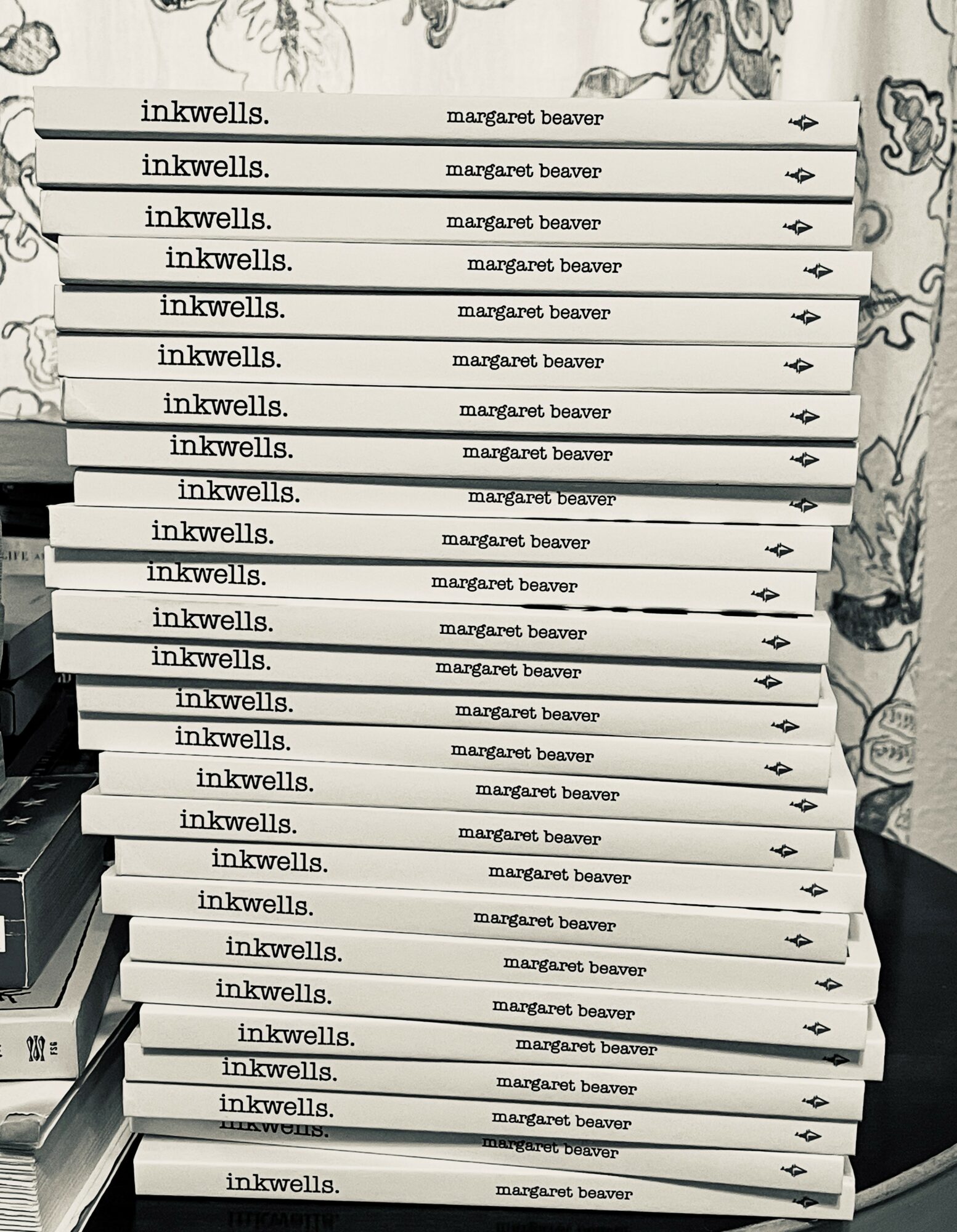
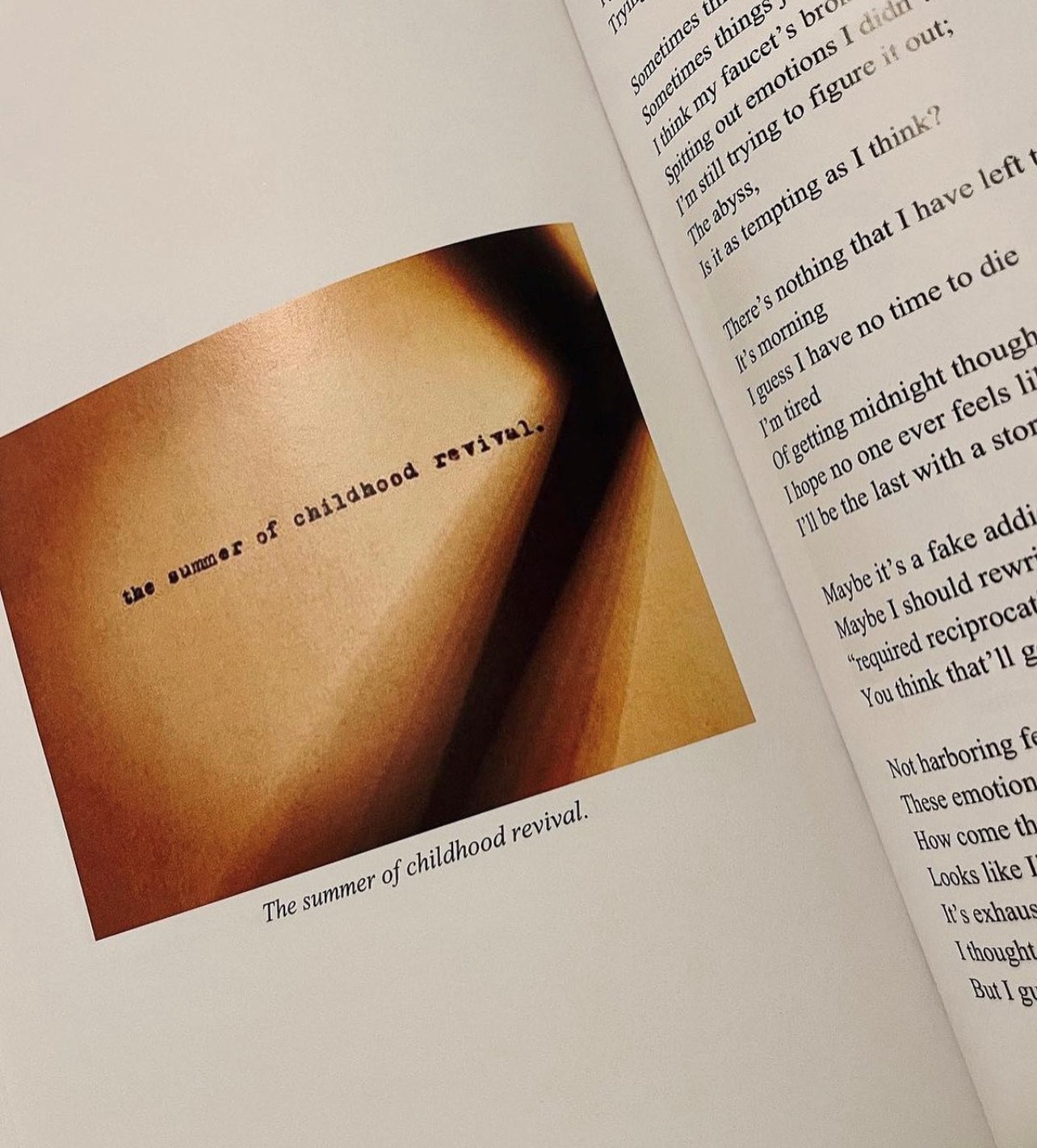
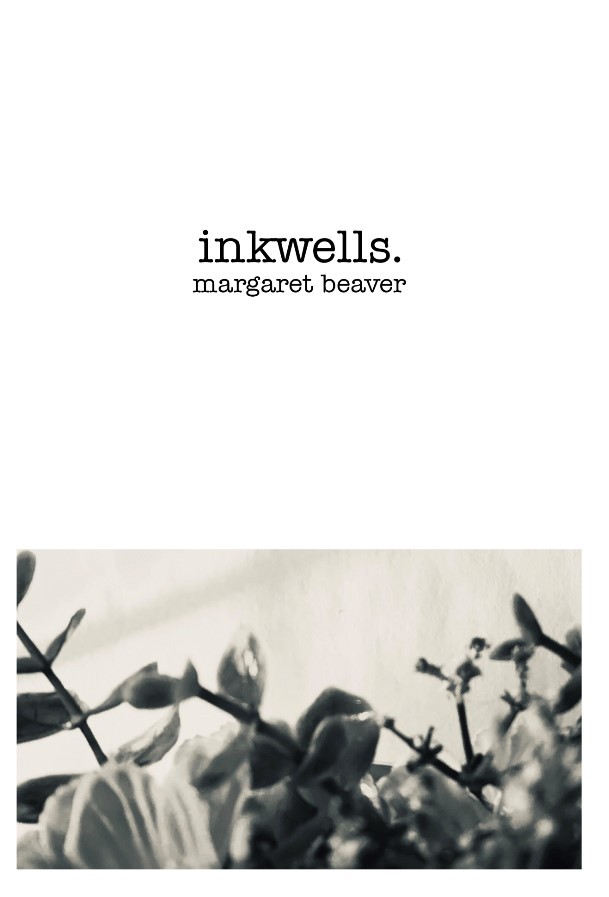
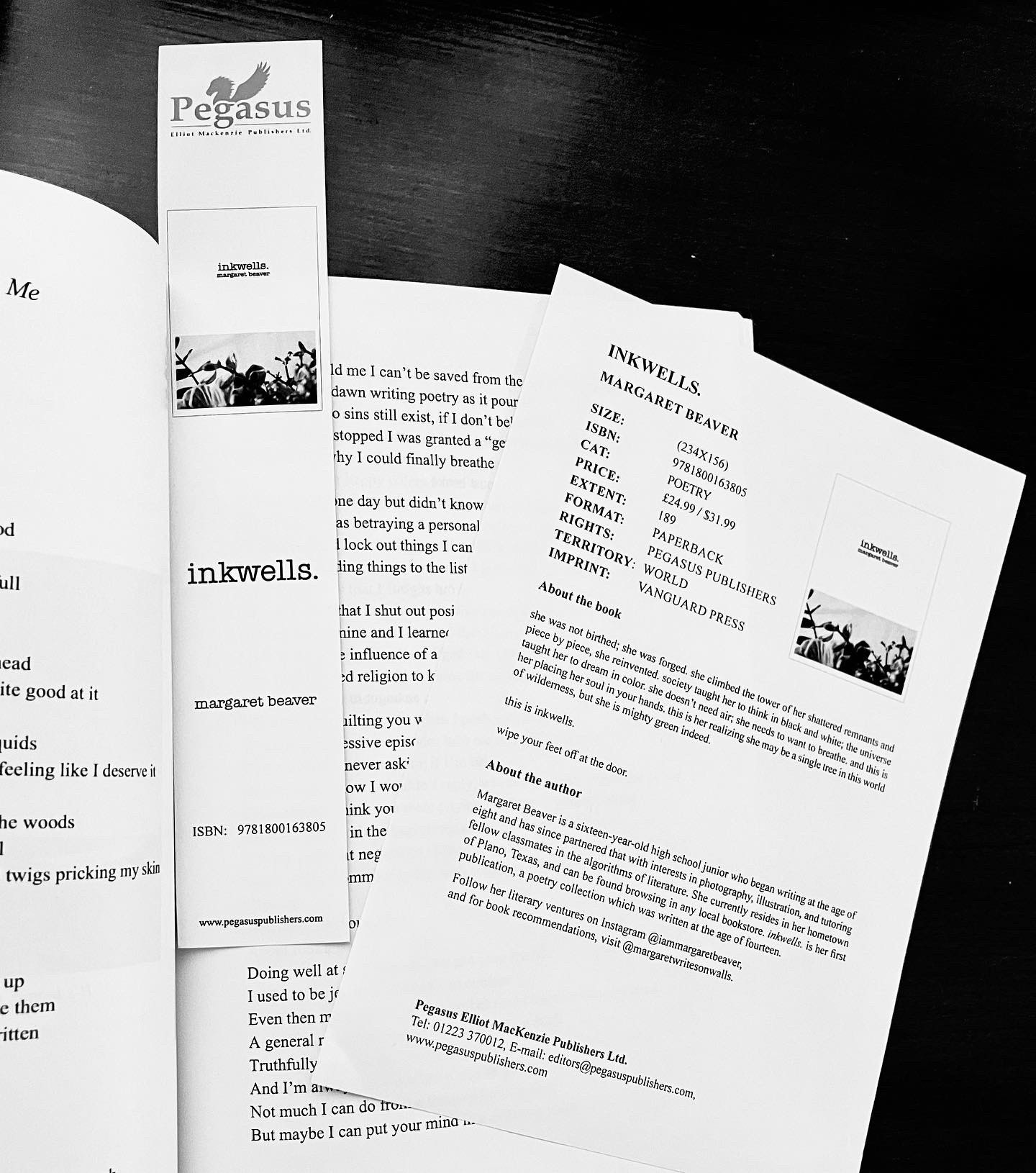
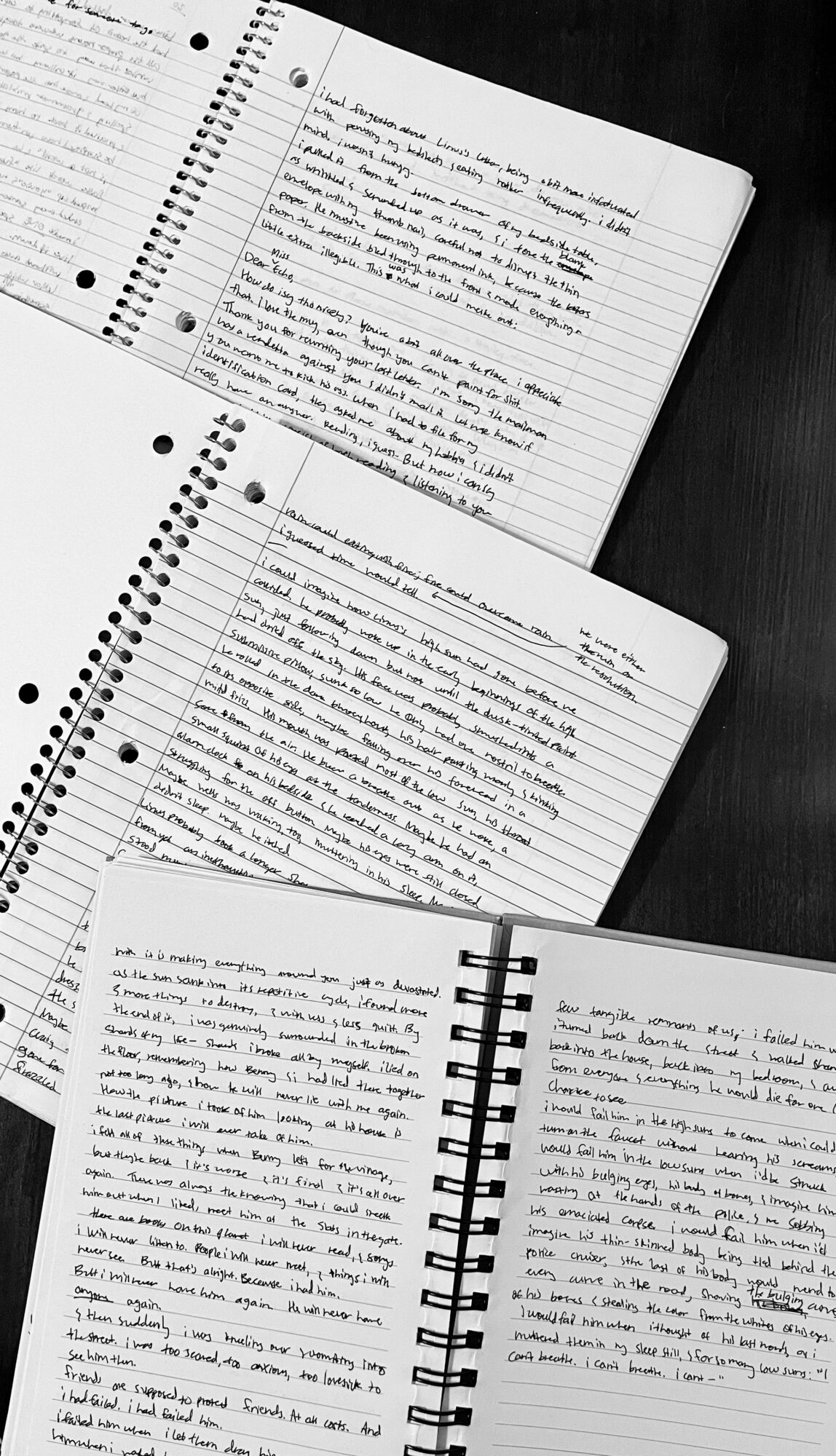
Image Credits
Greg Chatmon










